Advice for writers
Advice
for writers
Navigating Copyright and Intellectual Property: What Every Author Should Know

As an author, it’s important to understand the basics of copyright and intellectual property to protect your work and avoid legal issues. Copyright law governs the rights of creators and their exclusive right to reproduce, distribute, and display their work. Intellectual property refers to the legal rights that protect the creations of the mind, such as inventions, artistic works, and symbols. Read on for some key information every author should know about navigating copyright and intellectual property.
Copyright registration isn’t necessary, but it’s a good idea.
In the United States, copyright protection automatically applies to original works of authorship from the moment they’re created. However, registering your copyright with the U.S. Copyright Office provides several benefits. For instance, registration creates a public record of your copyright ownership, making it easier to prove your rights in court if necessary. It also allows you to sue for infringement and may entitle you to statutory damages and attorney’s fees.
You can’t copyright ideas, but you can copyright the expression of those ideas.
Copyright law only protects the original expression of ideas, not the ideas themselves. This means that if two authors write about the same topic, they may have similar ideas, but their expression of those ideas will likely be different. As an author, you can’t stop someone else from writing about the same topic as you, but you can prevent them from using your exact words or phrases without permission.
Fair use allows limited use of copyrighted works.
Fair use is a legal doctrine that allows limited use of copyrighted works without the permission of the copyright owner. This includes uses such as criticism, commentary, news reporting, teaching, scholarship, and research. To determine whether a use is fair, courts consider four factors: the purpose and character of the use, the nature of the copyrighted work, the amount and substantiality of the portion used, and the effect of the use on the potential market for the copyrighted work.
Copyright infringement can lead to legal action.
If someone uses your copyrighted work without permission, you may have the right to sue for copyright infringement. Copyright infringement occurs when someone copies, distributes, performs, or displays your work without permission. To prove copyright infringement, you must show that you own a valid copyright in the work, the defendant copied your work without permission, and the copying is substantial enough to constitute infringement.
Licensing agreements can be a useful tool for authors.
A licensing agreement is a legal contract between a copyright owner and someone who wants to use the copyrighted work. As an author, you can use licensing agreements to grant others permission to use your work in exchange for payment or other benefits. Licensing agreements can be exclusive or non-exclusive, and they can cover a variety of uses, such as print, electronic, or audio formats.
Trademarks can protect your brand.
Trademarks are another type of intellectual property that can protect your brand. A trademark is a word, phrase, symbol, or design that identifies and distinguishes the source of goods or services. For authors, trademarks can be used to protect book titles, series names, and character names. Trademark registration isn’t required, but it provides additional legal protection and benefits, such as nationwide notice of your trademark and the ability to sue for infringement in federal court.
In conclusion, navigating copyright and intellectual property can be complex, but it’s important for authors to understand the basics to protect their work and avoid legal issues. By knowing these key concepts, authors can make informed decisions about their creations and take steps to safeguard their rights.

Atmosphere Press is a selective hybrid publisher founded in 2015 on the principles of Honesty, Transparency, Professionalism, Kindness, and Making Your Book Awesome. Our books have won dozens of awards and sold tens of thousands of copies. If you’re interested in learning more, or seeking publication for your own work, please explore the links below.

